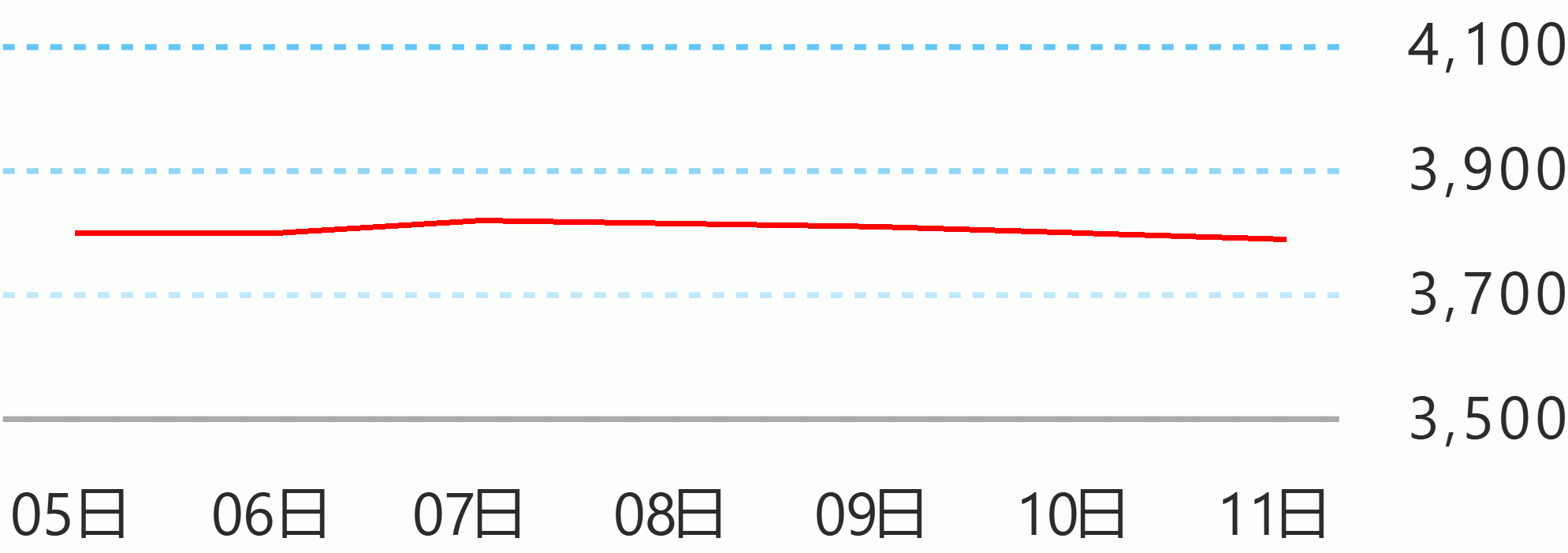A Philippine government official, citing the estimates from the National Economic and Development Authority (NEDA), Go said the 17 percent imposed by US President Donald Trump last week, is projected to "affect" growth by 0.1 percent in the next two years if it is implemented.
Trump announced late Tuesday that it has decided not to impose reciprocal tariffs for 90-days.
Go said the US tariffs will still have negative effects to certain industries, which includes exporters, prompting them to enter into negotiations with the US Trade Representative.
He said they are confident exporters can find other markets.
Go said they are closely monitoring the response of the other countries to the reciprocal tariff.
"We need to keep monitoring what the other countries do, and for ourselves we need to negotiate an agreement that is beneficial for our country and for the businesses and enterprises in our country," Go said.
ASEAN trade ministers met to determine how the regional bloc will have a "frank and constructive dialogue" with the US, according to Go.
In a joint statement, the ASEAN Economic Ministers decided that the regional bloc will enforce any retaliatory measures against the US and instead push through a trade framework with Washington.
"We affirm our readiness to work together with the US under ASEAN-US Trade and Investment Framework Agreement (TIFA) and Expanded Economic Engagement (E3) Workplan, to explore mutually acceptable solutions on issues of common interests," the three-page joint statement read. DMS





 English
English









